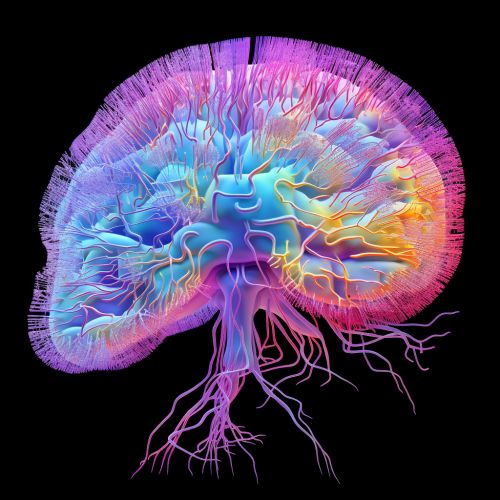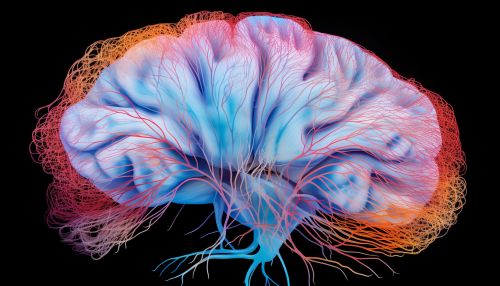Episodic Memory
Definition
Episodic memory is a type of long-term memory that involves the recollection of specific events, situations, and experiences. It is a subcategory of declarative memory, which pertains to our ability to consciously recall facts and events. Episodic memory is unique in its contextual specificity—it involves remembering the "what", "where", and "when" of past events.


Characteristics
Episodic memory is characterized by its autobiographical nature. It allows individuals to travel back in time mentally to recall specific events and experiences. This type of memory is multidimensional, encompassing time, place, associated emotions, and other contextual who, what, when, where, why details. It is also subject to rapid forgetting and can be influenced by a variety of factors, including stress, age, and neurological disorders.
Formation of Episodic Memories
The formation of episodic memories involves several stages: encoding, consolidation, and retrieval.
Encoding
Encoding is the first step in creating a new episodic memory. It involves the processing of information about an event by various sensory systems, which is then integrated in the hippocampus. The hippocampus is critical for the formation of new episodic memories, as it binds together the diverse elements of an experience, including the sensory and emotional context.
Consolidation
After encoding, memories undergo a process of consolidation, which stabilizes and strengthens them. This process involves the transfer of information from the hippocampus to other regions of the brain, particularly the neocortex, for long-term storage. The theory of systems consolidation suggests that over time, the neocortex gradually becomes capable of retrieving the memory independently of the hippocampus.
Retrieval
Retrieval is the process of recalling or remembering the stored information when needed. Episodic memory retrieval is often considered a reconstructive process, as the memory can be influenced by post-event information, individual's expectations, and other cognitive processes. The prefrontal cortex plays a crucial role in this process, particularly in the strategic aspects of retrieval.
Episodic Memory and the Brain
Several brain structures are involved in the functioning of episodic memory. The hippocampus, as mentioned earlier, plays a critical role in the encoding and consolidation of new episodic memories. The prefrontal cortex is involved in the retrieval of these memories. Other brain regions, such as the amygdala, are involved in processing the emotional aspects of episodic memories.
Episodic Memory across the Lifespan
Episodic memory develops throughout childhood and adolescence. It continues to evolve in adulthood and can be influenced by various factors, such as aging, cognitive decline, and neurodegenerative diseases.
Episodic Memory in Childhood and Adolescence
The development of episodic memory in childhood and adolescence is closely linked to the maturation of the brain structures involved in memory processing, particularly the hippocampus and the prefrontal cortex. Children's episodic memories tend to be less detailed and more susceptible to forgetting compared to adults' memories.
Episodic Memory in Adulthood
In adulthood, episodic memory performance can be influenced by a variety of factors, including stress, sleep, and cognitive load. Aging can also affect episodic memory, with many older adults experiencing a decline in the ability to remember specific events and the contextual details associated with them.
Episodic Memory and Neurodegenerative Diseases
Episodic memory is often affected in neurodegenerative diseases such as Alzheimer's disease and other forms of dementia. These disorders are characterized by progressive memory loss, with episodic memory being one of the first cognitive functions to decline.
